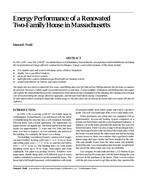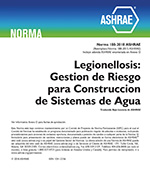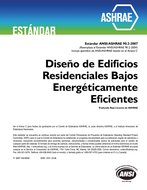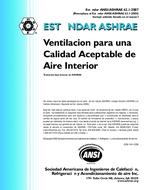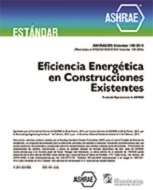Description
In 1991, a 90+-year-old, 2,000 ft 2 , two-family house in Northampton, Massachusetts, was purchased and rehabilitated, including the incorporation of energy-efficient construction techniques. Energy conservation features of this home include:
- 8 in. double stud wall system with damp spray cellulose insulation;
- double, low-e gas-filled windows;
- air-to-air heat recovery system;
- high-efficiency sealed combustion gas-fired hydro-air heating system;
- sealed polyethylene air barrier and vapor retarder.
The house has now been occupied for five years, and billing data exist for that period. Billing data for the previous occupancy do not exist; however, a utility audit was performed prior to purchase. Using computer simulations and billing data, this paper will explore the relationship between the estimated pre-renovation energy consumption of the building, the estimated incremental cost of incorporating the energy efficiency upgrades, and the post-renovation energy consumption. To help inform others seeking to undertake similar projects, the pros and cons of various decisions that were made will also be explored.
AUTHOR: Duncan F. Prahl
CITATION: Thermal Performance of the Exterior Envelopes of Buildings VII
KEYWORDS: December, Florida, 1998
YEAR: 1998
Citation: Thermal Performance of the Exterior Envelopes of Buildings VII
Product Details
- Published:
- 1998
- File Size:
- 1 file , 62 KB
- Product Code(s):
- D-8111
